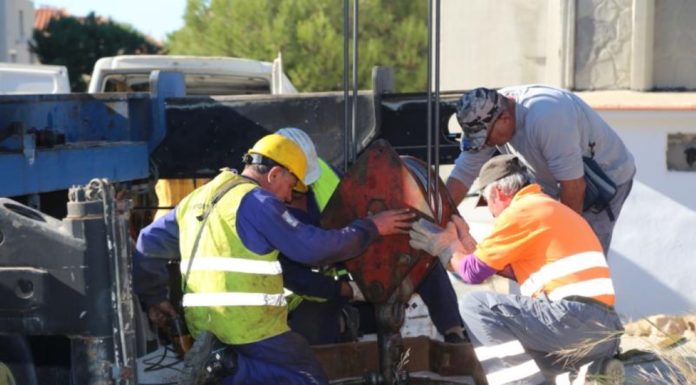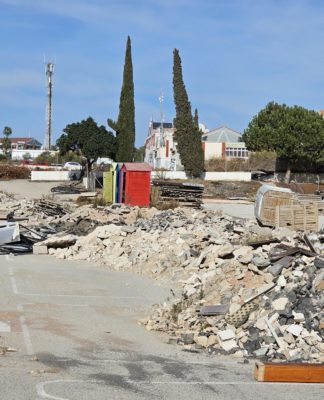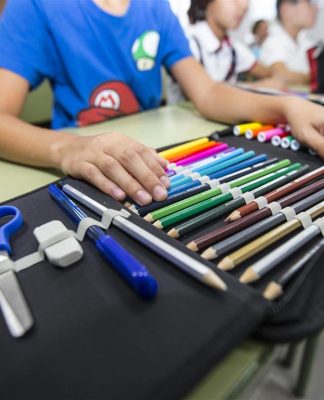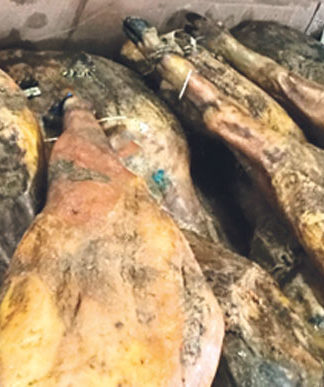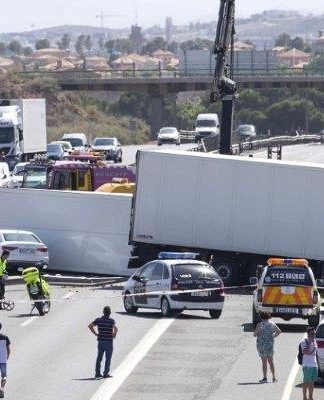
Email
October 3
Who can help us? Looking for European subsidies
What do you do when you have a great project, but lack the resources to execute it? You look for people and/or institutions that can help.
Amata is a non profit association, that has been working in, and for the arts and crafts world in Spain for almost 25 years now, among other things by organsing craft fairs.
In Amata we have had a wonderful project on the table for years, to turn a beautiful old village centre into a craft village – somewhere in Spain. Just before the arrival of Covid, we had finally found a village that would not only be ideal for our purpose, but was also very interested in the idea: Alcalá del Júcar in the province of Albacete.
Alcalá del Júcar already has a lot to offer and a good infrastructure: there is a castle that can be visited, it has narrow streets, cave houses, the river Júcar with a freshwater beach, waterfalls and possibilities for canoeing and kayaking, expensive hotels, simple guest houses and B&B’s, many and good restaurants, beautiful surroundings with walking possibilities, etc.
But in the picturesque old centre many houses are empty.
The first plans were made and, together with the town hall, we started to work enthusiastically. A beginning was made with an internet page: https://www.puebloartesano. es/alcaladeljucar.html and we talked with owners of suitable properties. But then came the pandemic, which not only slowed down all progress, but also had a major, mostly negative, impact on the income of the artists and craftsmen. All the more reason to get our craft village off the ground as soon as possible. But the members of Amata are all people who make a living from selling their work in craft fairs, and financially they can afford very little right now, after more than two years with few or no fairs. So, at the moment progress is very slow.
The town hall of Alcalá del Júcar helps all it can, but it is a small village with limited resources.
Subsidies have already been applied for at regional and national level, but we wonder whether help is also available at European level. This can be in all kinds of areas because the project is comprehensive and affects many aspects of society.
The plan that is on the table includes many components that we believe could qualify for various subsidies: rent subsidies, subsidies for the refurbishment of historic buildings, restoration and/or re-population of the old centre, education subsidies for courses and workshops, cultural subsidies for exhibitions, referendums, side activities such as concerts, competitions and demonstrations of old crafts in danger of extinction, subsidies for promotion and advertising campaigns, etc.
We searched the internet, but soon discovered that we have neither the knowledge nor the time to find out in this whole maze of possibilities and official language, which European subsidies exist, who can apply for them or where and how this must be done. And we don’t have the financial means to recruit anyone specifically for this purpose. Now we assume that among all those thousands of European foreigners who live or spend the winter here on the Costa Blanca, there are definitely people who have experience with or have contacts in the world of European subsidies. And perhaps there is someone among them who is willing to help us a little or give us ideas.
If you are such a person, we would like to get in touch with you. The chairwoman of Amata is Elvira Geurts; she is Dutch and has lived and worked in Spain for over 40 years and speaks, apart from Dutch, Spanish, English, German and French. You can write to her at
elvira@amata.es, or call her on 639 979 678.
Thank you
Amata association























